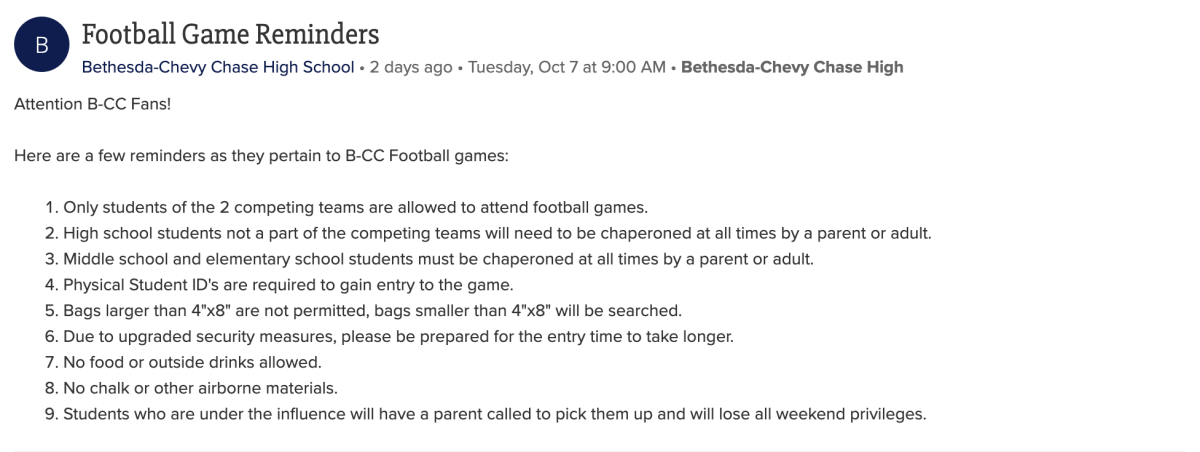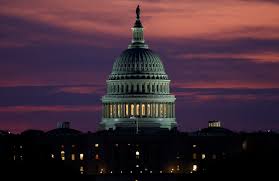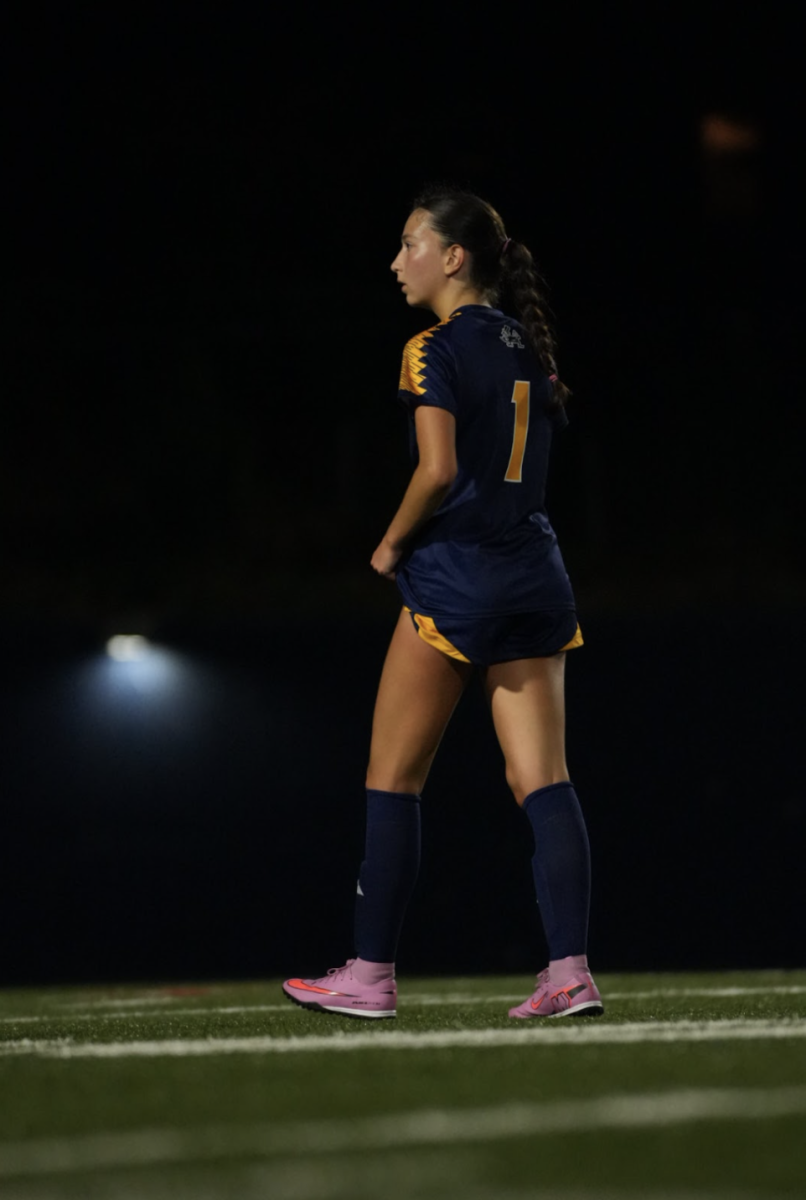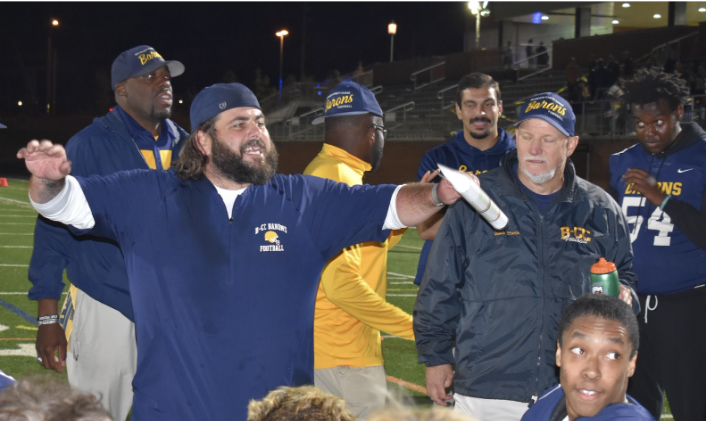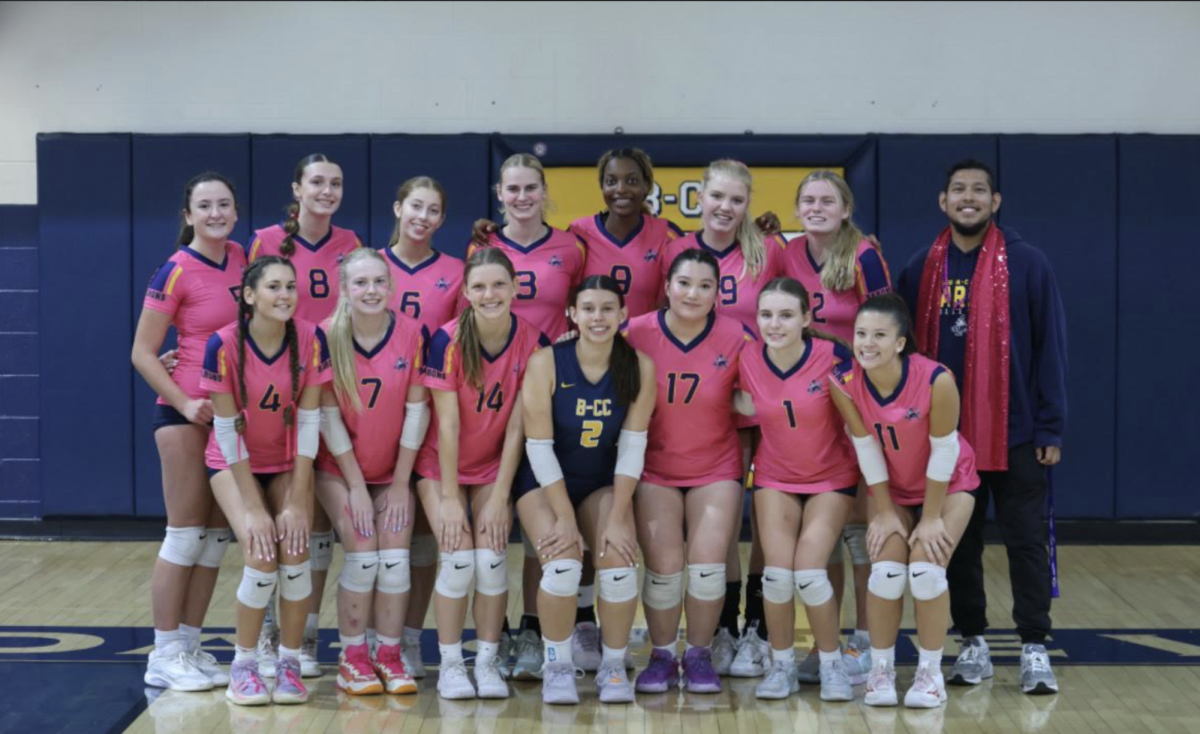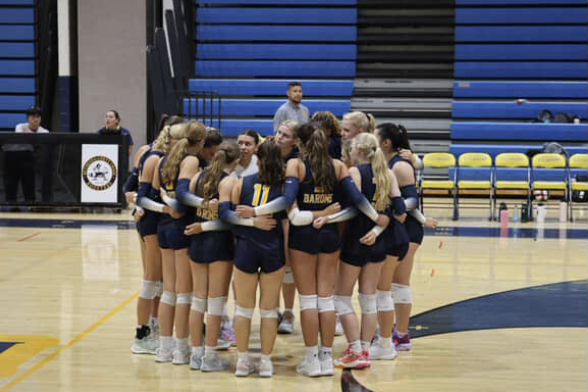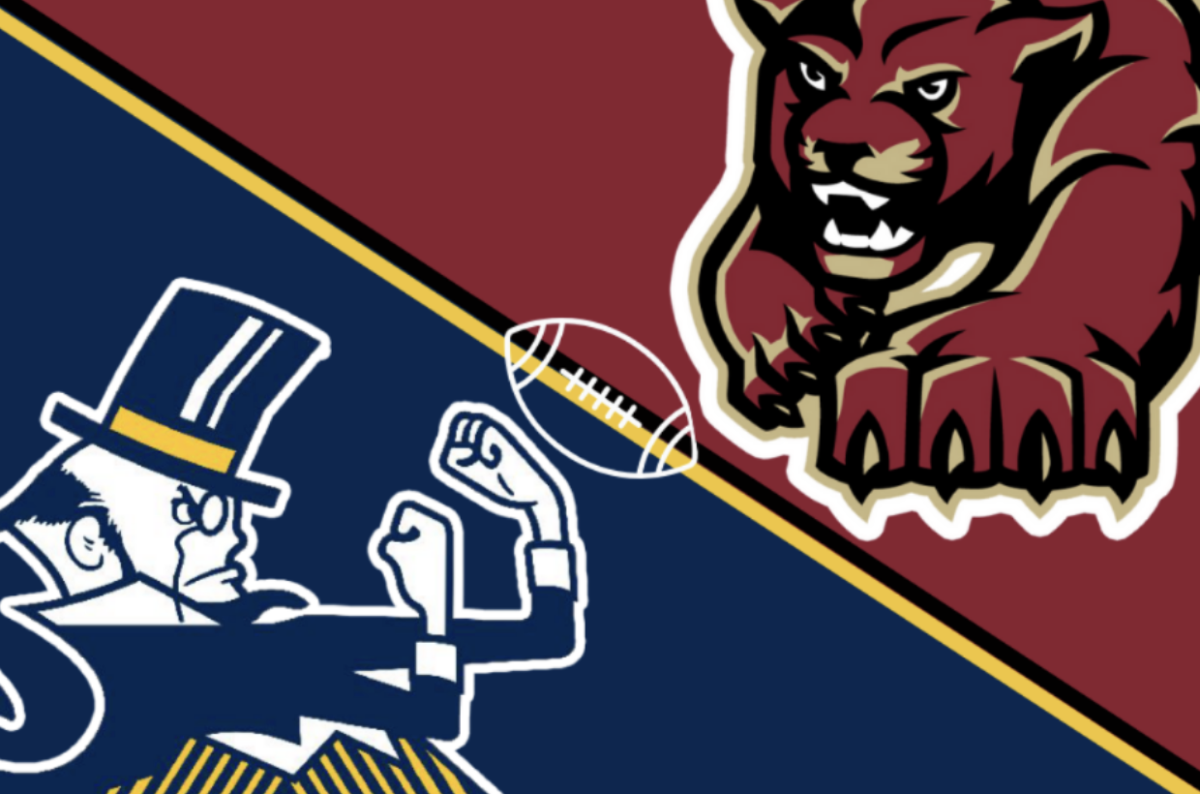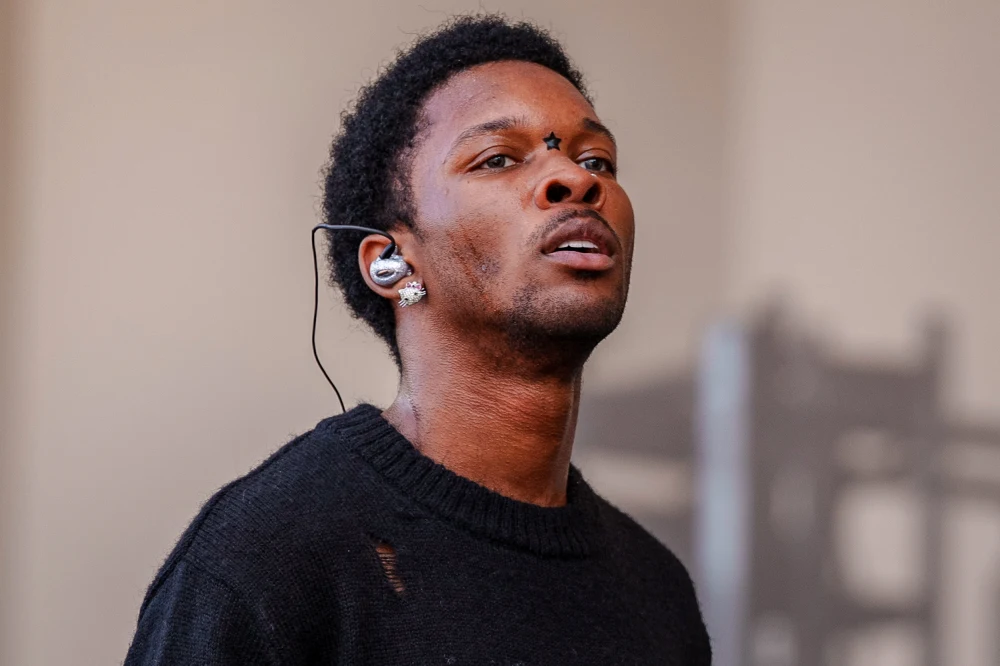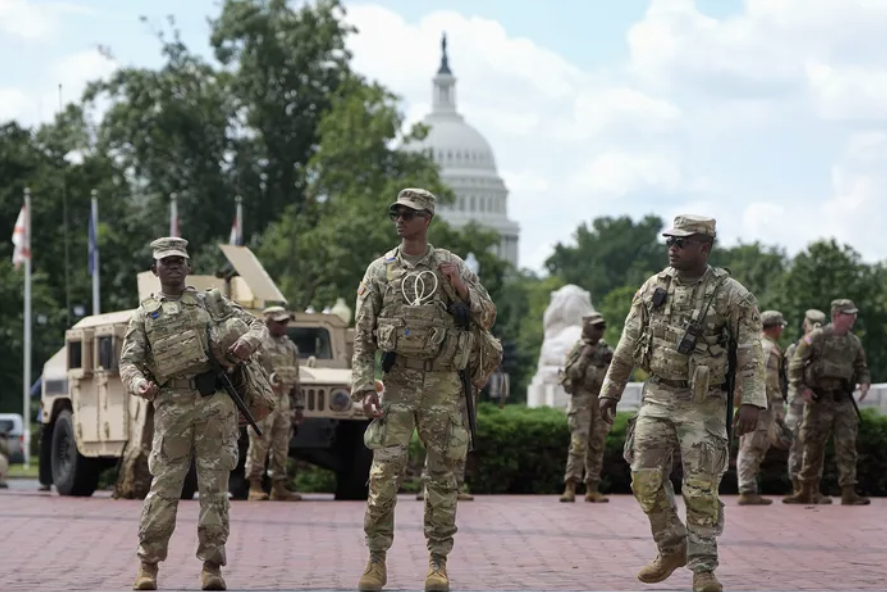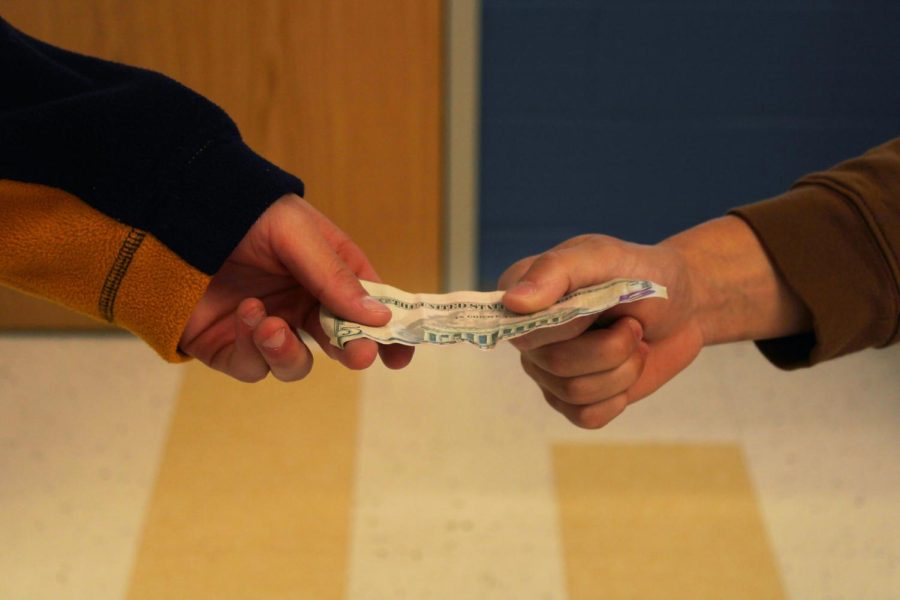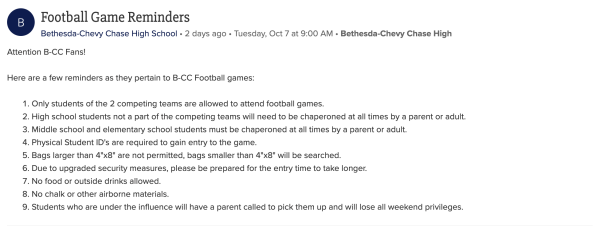Sports Betting Among B-CC Students Raises Concerns
“I should never have started because the losses got real very quickly,” confessed an anonymous B-CC student.
Underage betting is becoming a common occurrence as more B-CC students lose money on offshore betting sites using “bookies” to place illegal bets.
“I must have lost a couple thousand dollars betting, because I lived for that high of hitting a bet,” commented a former B-CC student bettor.* “I try to encourage my friends to stop, but I’m not them, and they can do what they want with their money.”
Although this student came clean to their parents and spoke with an expert from the National Problem Gambling Helpline, they believe that more security measures should be implemented to prevent just anyone from signing up for a betting site. Current regulations only require a name, email, date of birth, and social security number, which are easy to bypass with a parent’s or guardian’s identity.
Another B-CC student bettor* did exactly that. They signed up for an offshore site using a parent’s identity, making it look like they were old enough to bet. They expressed that the games of chance were exciting because the games bring an element of suspense to watching sports that can’t be found by just being a fan.
“It really gets the heart racing to see a team you picked win a game at the death,” stated the bettor.
Maryland legalized sports betting in December 2021, with the first Maryland casino-based sportsbooks opening in the same month. Online sportsbooks were legalized on November 23, 2022, allowing any Maryland citizen older than 21 to legally place bets online.
An estimated 57 million bets were placed in the first weekend alone. However, age limits soon followed as concerns arose over betting becoming an addiction. B-CC students and parents alike share these concerns as underage betting becomes more prevalent among the B-CC student body.
*At the request of the interviewees, all names have been redacted.
Proud graduate of Adis Israel pre-school along with Bennett Galper. Charles E. Smith Jewish Day School dropout. I am achieving my goal of becoming the...
proud graduate of chevy chase elementary school and starting shooting guard for the moco rec unknowns basketball team.
Nat is a B-CC senior and is reprising his role as section director of art and photography for the second year in a row. In his free time, Nat enjoys boxing,...



